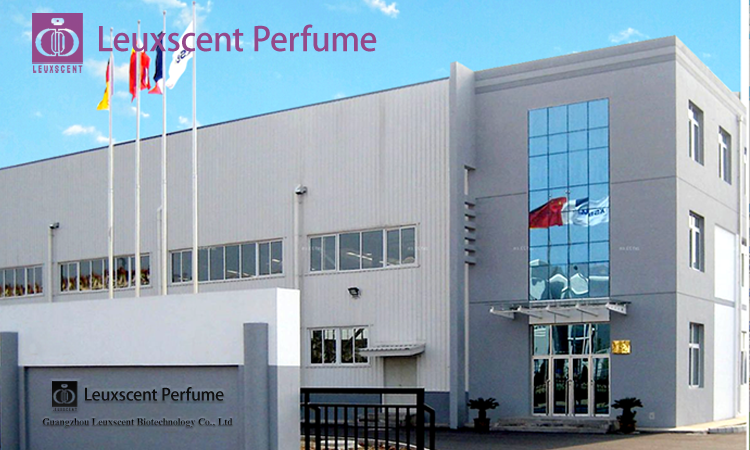
Impact of U.S. Tariffs on the Perfume Market and E-commerce, and Response Strategies
In 2025, the U.S. government implemented a series of tariffs affecting various imported goods, including perfumes, with significant implications for the perfume industry and online shopping platforms.
Impact on the Perfume Market:
-
Increased Import Costs: The newly imposed tariffs have led to higher import costs for perfumes, especially those sourced from countries like China and the European Union. For instance, a 104% tariff on Chinese goods has been reported, substantially raising the cost of imported perfumes. 卫报
-
Price Adjustments: To offset the increased costs, many perfume brands have raised their retail prices. High-end categories, such as perfumes, have seen price increases of up to 25% to keep up with rising costs. Katana
-
Supply Chain Disruptions: The tariffs have disrupted established supply chains, prompting companies to seek alternative sourcing strategies or domestic manufacturing options to mitigate tariff impacts.
Impact on E-commerce:
-
Changes in De Minimis Rule: The U.S. revoked the tariff-free status for low-value imports from China and Hong Kong, imposing duties on shipments valued under $800. This policy change directly affects online retailers like Shein and Temu, which relied on this exemption to offer low-cost products. The Cut+7New York Post+7澳大利亚人+7
-
Increased Consumer Prices: Online shoppers are experiencing higher prices for products previously benefiting from tariff exemptions, leading to potential shifts in purchasing behavior and reduced demand for certain imported goods. NPR
Response Strategies:
-
Diversifying Supply Chains: Companies are exploring alternative sourcing options in countries not affected by the tariffs to reduce dependency on specific regions and mitigate cost increases. Allure
-
Advocacy for Exemptions: Industry associations, such as the Fragrance Creators Association, are actively engaging with policymakers to seek exclusions for certain fragrance materials that cannot be produced domestically. Fragrance Creators Association+2Insights+2Fragrance Creators Association+2
-
Adjusting Pricing Strategies: Businesses are reevaluating their pricing models to balance the increased costs due to tariffs while remaining competitive in the market.
-
Enhancing Domestic Production: Investing in domestic manufacturing capabilities is being considered to reduce reliance on imports and navigate the challenges posed by international trade policies.
In conclusion, the recent U.S. tariffs have significantly impacted the perfume market and e-commerce landscape, necessitating strategic adjustments by businesses to navigate the evolving trade environment effectively.

